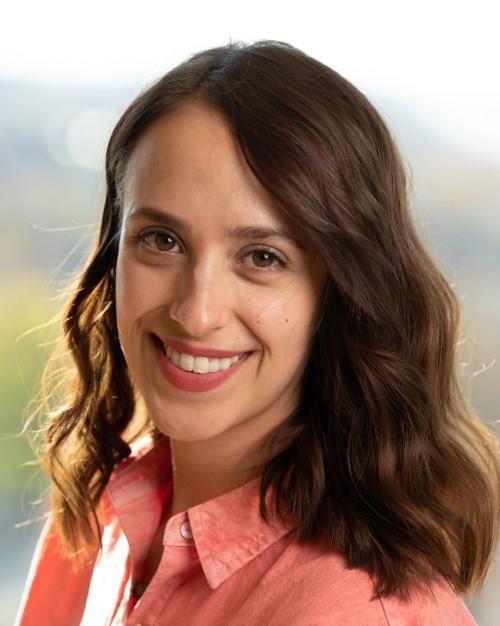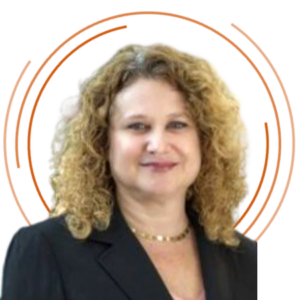Shape the world's future through technology.
Internet censorship, energy policy, disease prevention, terrorism– the world of international affairs is increasingly impacted by technology. These challenges require leaders who understand the technologies and policy implications behind them.
Fletcher is preparing the next generation of changemakers to influence the technology debate on a global scale.
Take the next step.
Find what program is right for you, and learn more about what your future holds at Fletcher.
Why choose Fletcher?
The Fletcher School at Tufts University is one of America’s oldest and most reputable graduate schools for international affairs.
Education for your life
Tailor your experience to your personal goals – choose among multiple global affairs degrees, each with unique concentrations.
Vast Alumni Connections
Solve the world’s greatest challenges together with other pioneers. Your support will extend far beyond the Fletcher walls through the support of a global network of alumni.
Global Faculty Experts
Learn from respected scholars and professors of practice with direct experience as influential policymakers and presidential advisors.
A History of Excellence
For 90 years, Fletcher has led the study and practice of international affairs at the intersection of the most complex challenges, in a world that’s ever-evolving.
ranked among the best
Fletcher is proudly among the top 10 international relations schools in the world, according to Foreign Policy Magazine’s best master’s programs 2024 edition.
Sample courses:
- Cyberlaw and Cyberpolicy
- Computer Science for Future Policymakers
- Artificial Intelligence: Algorithms, Ethics and Policy
- Foreign Relations and National Security Law
- Modern Terrorism and Counterterrorism
of Fletcher graduates find related roles within 6 months of graduating.
“As a US Department of State Rangel Fellow, I am actively preparing for a career in the US Foreign Service. I am eager to apply my academic and professional experience at Fletcher to promote policy that will advance US interests as well as create positive change within the communities I serve.”

Learn from experts such as:

Josephine Wolff
Associate Professor of Cybersecurity Policy
- Wolff’s research interests include liability for cybersecurity incidents, international Internet governance, cyber-insurance, cybersecurity workforce development, and the economics of information security.
- Her writing on cybersecurity has been published by the MIT press and has also appeared in Slate, The New York Times, The Washington Post, The Atlantic, and Wired.
- Prior to joining Fletcher, she was an assistant professor of public policy at the Rochester Institute of Technology and a fellow at the New America Cybersecurity Initiative and Harvard’s Berkman Klein Center for Internet & Society.

Carolyn Gideon
Adjunct Professor of International Communications and Technology Policy
- Gideon’s research focus is policy, access, and industry structure issues of information and communication technology.
- She has been a Fellow at the Belfer Center for Science and International Affairs and at the Center for Business and Government at Harvard Kennedy School, and a research affiliate with the MIT Program on Internet and Telecoms Convergence.
- She is a member of the International Telecommunication Society, International Communications Association, Society for Benefit Cost Analysis, and President-Elect of the Transportation and Public Utility Group of the American Economic Association.

Marcia Moreno-Báez
Research Professor
Lecturer
- Moreno-Baez’s interests span a wide range of environmental problems, with a common thread being developing spatial decision-making tools to address all stages of the scientific process, from data acquisition and processing to spatial modeling and communication.
- She has more than 25 years of experience in the field of geospatial technology with a diverse professional practice in government, the private sector, NGOs, and academia. Her experience also involved on facilitating the practical use of science and technology for a spatially literate workforce and the support of scientific research and policy in the US, Mexico, and Latin America.
- Marcia’s classes focus on using and developing geospatial methods across an array of applications such as human security, economic development, humanitarian assistance, climate change, and natural resources management in locations across the globe.
Transform your dedication to fostering a better world into a fulfilling global career.


